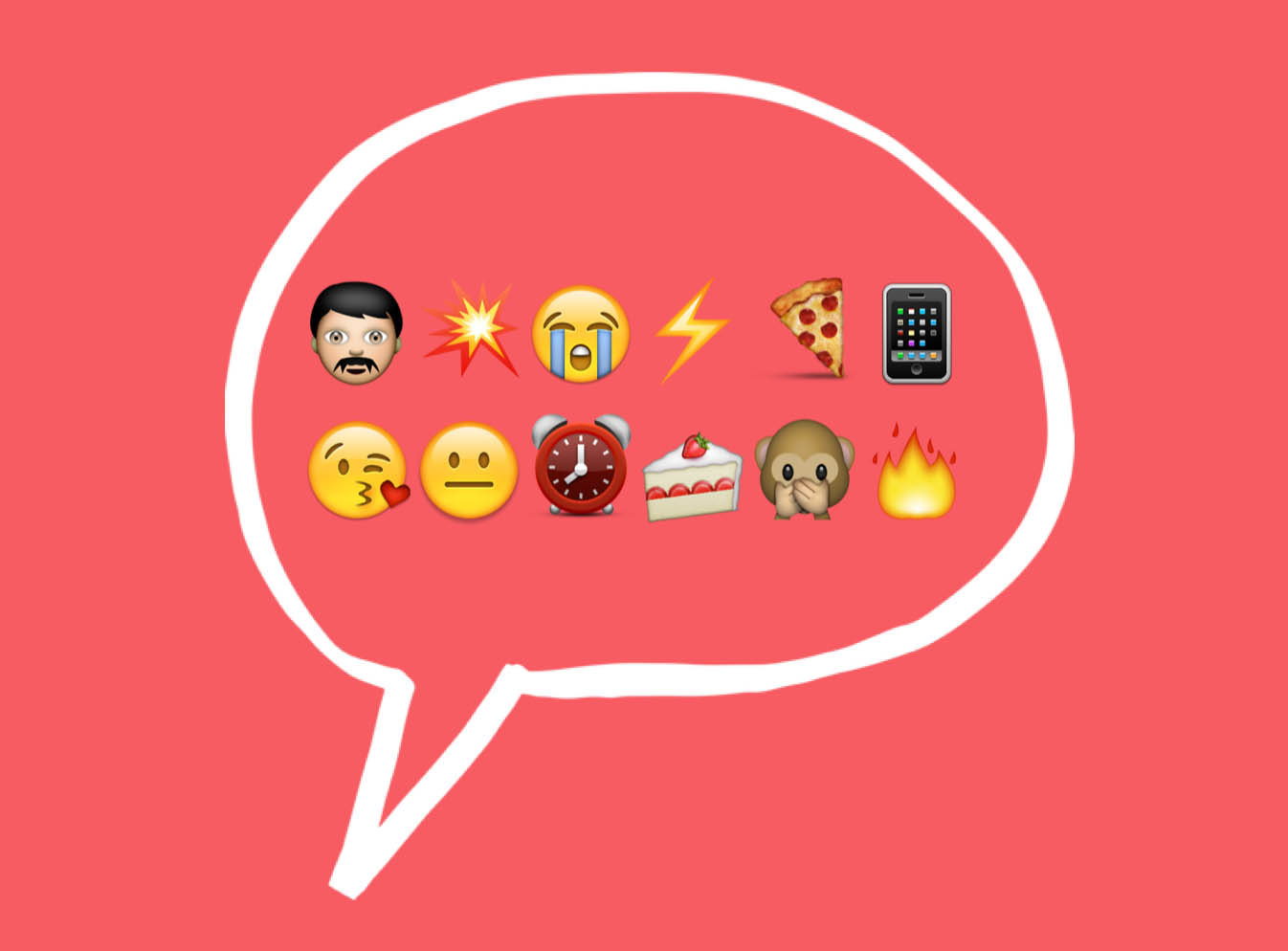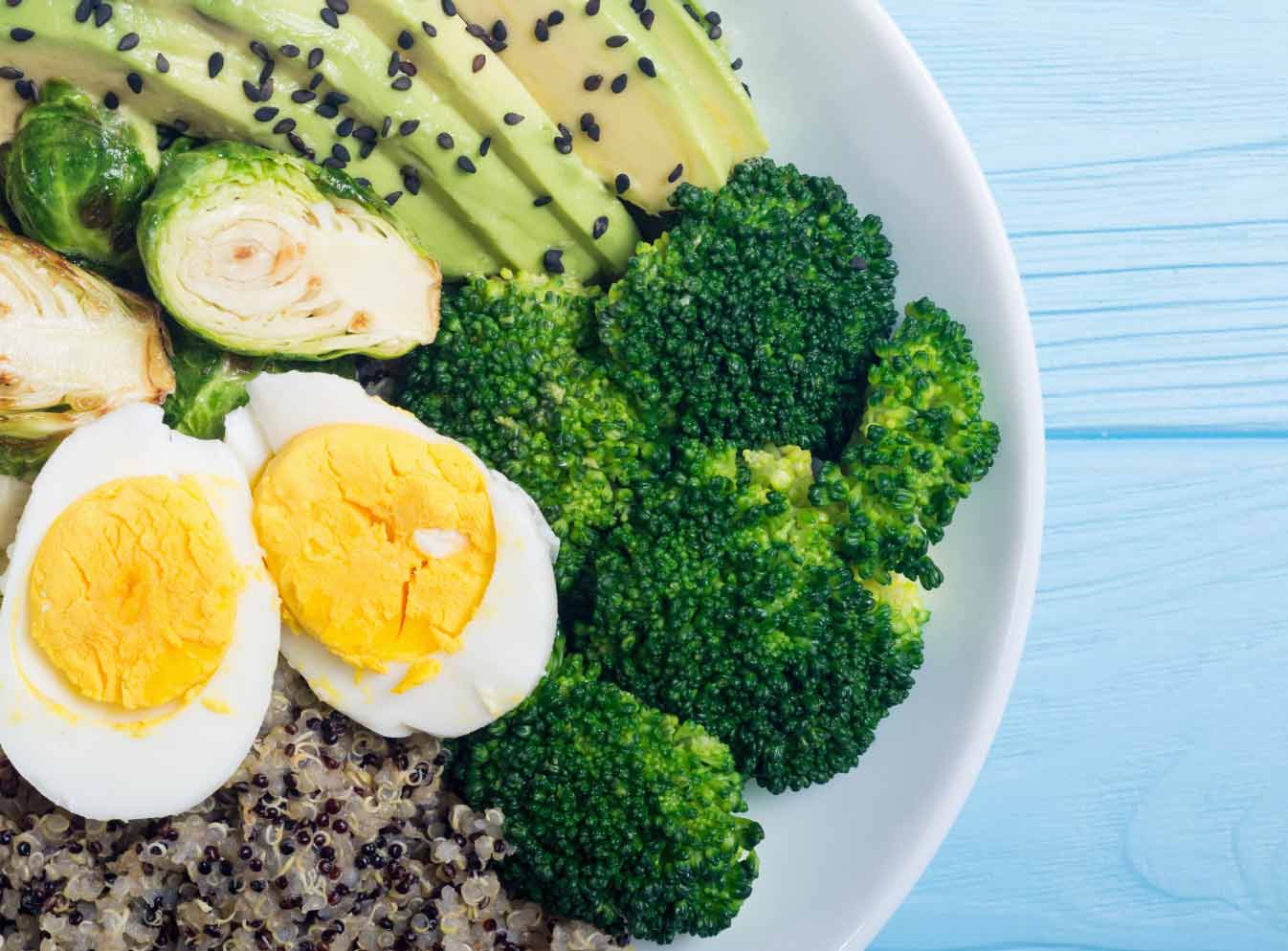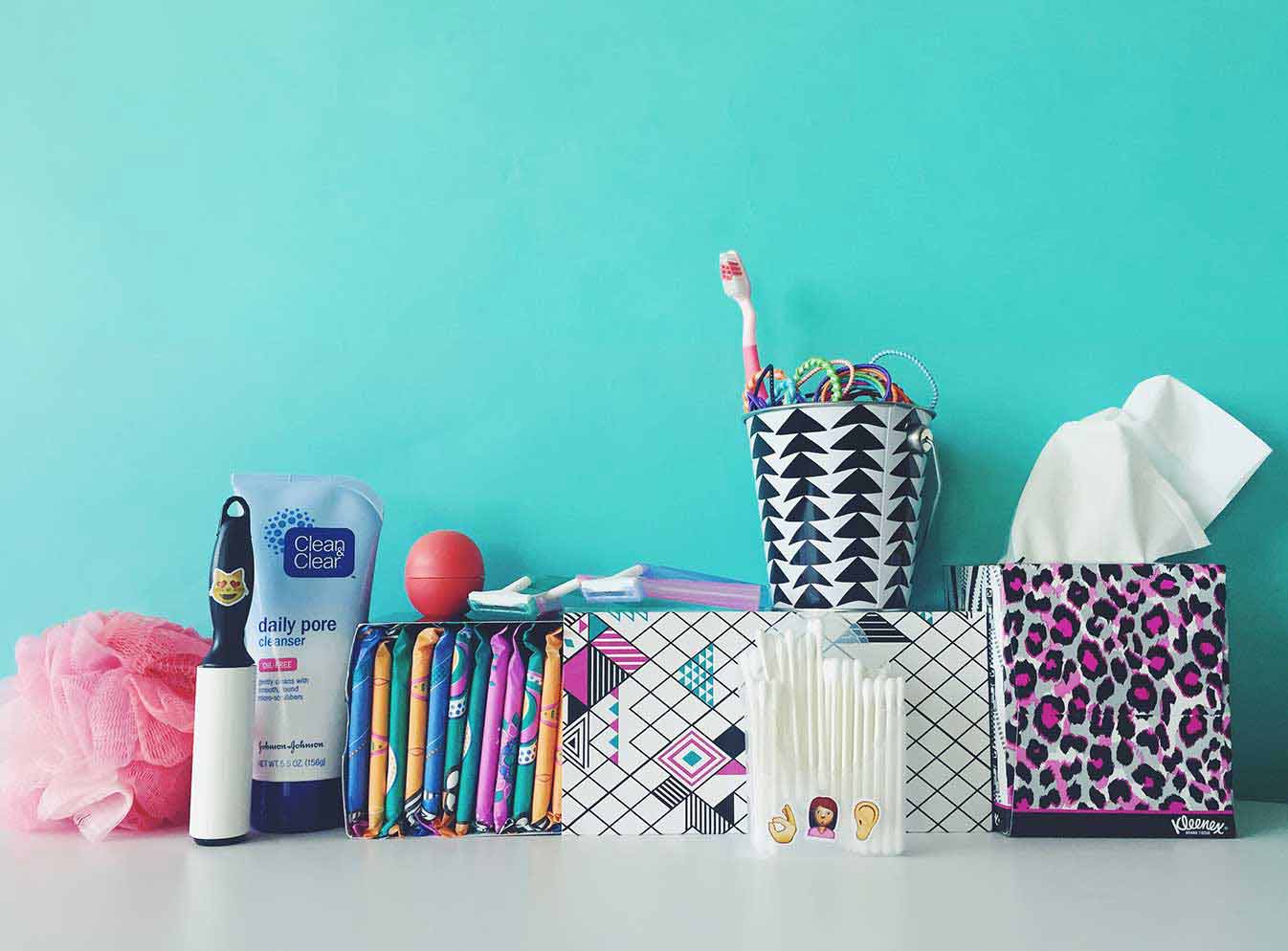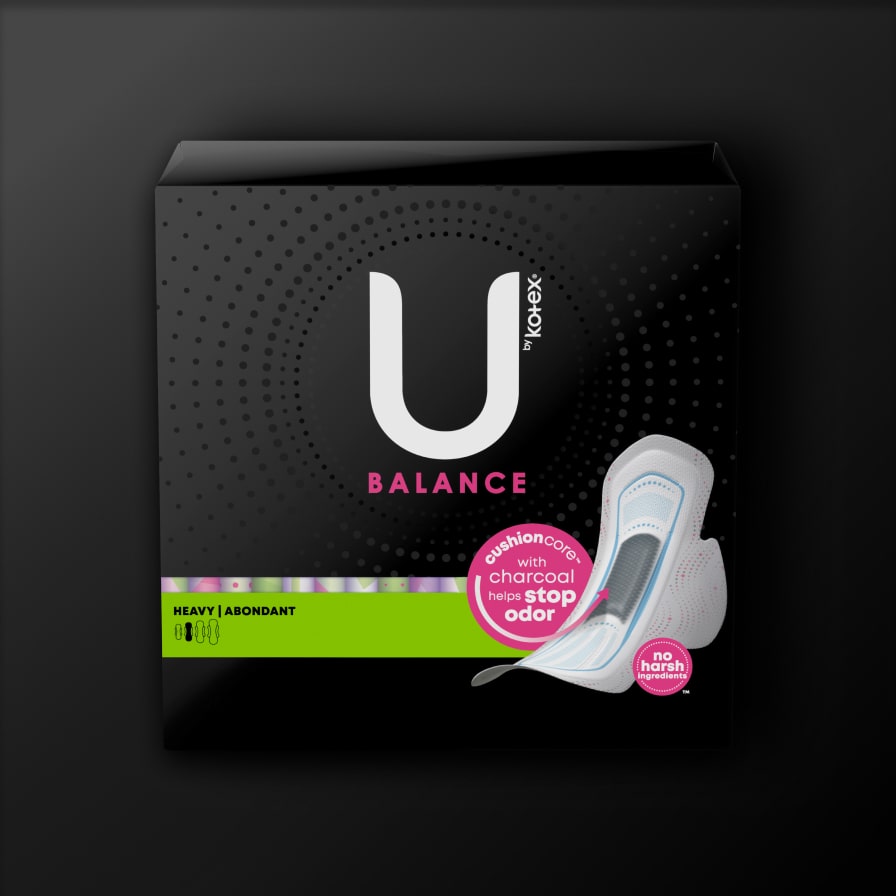All about Hormones During Your Period
All about Hormones During Your Period
Learn about the key hormone changes that make up your menstrual cycle and the physical and emotional changes that those hormones create.
You’ve probably noticed that throughout your menstrual cycle, your body goes through a lot of changes. You’ve probably also heard that your hormones are to blame, but what does that mean? Let’s take a look at the key hormone changes that make your menstrual cycle go round. Then we’ll talk about the physical and emotional changes that those hormones create.
First, let’s define some terms. “Hormones” are chemicals made by glands in your body (in this case, the ovaries) that tell other parts of your body what to do. Estrogen and progesterone are the key hormones, but your body produces many others.
On day one of your cycle (the first day of your period), there is very little circulating estrogen or progesterone. During days 3-7, your ovaries start to secrete (let out) estrogen, and this tells your period to slow down and stop. Estrogen also tells your ovaries to start maturing a follicle that will develop into an egg at ovulation. That’s how this part of the cycle got its name, the follicular phase. Estrogen levels continue to rise until around day 14, when the follicle becomes an egg and is released from the ovary (ovulation).
Now the second half of the cycle begins, the luteal phase. Both estrogen and progesterone start to rise during this phase and peak after about 7-10 days. It is during this time that a lot of girls and women start to get symptoms of Premenstrual Syndrome (PMS). After the peak, both estrogen and progesterone fall, triggering your period to begin. This marks the end of one cycle and the beginning of the next one.
Now you know what direct effects these hormones have on your period cycle. Let’s take a look at the other symptoms are caused by these two hormones:
Progesterone effects
- Acne
- Increased hunger
- Breast tenderness
- Irritability
- Fatigue
Estrogen effects
- Bloating
- Changes in sleep pattern
- Breast cysts
- Headaches
- Mood swings
Take a look at the above symptoms and try to correlate them with your own cycle. The days provided are for a typical 28-30 day cycle, but yours may be a little longer or shorter, so the days might be a little earlier or later. Keep a journal of your symptoms and cycle to see if you can pinpoint where you are in your cycle and what symptoms you might be having. Some months you might not even notice them, while they can feel overwhelming other months. Keep in mind that hormones are just one piece of the puzzle. Changes in sleep, stress, diet, exercise also play a big piece in you feeling your best.








